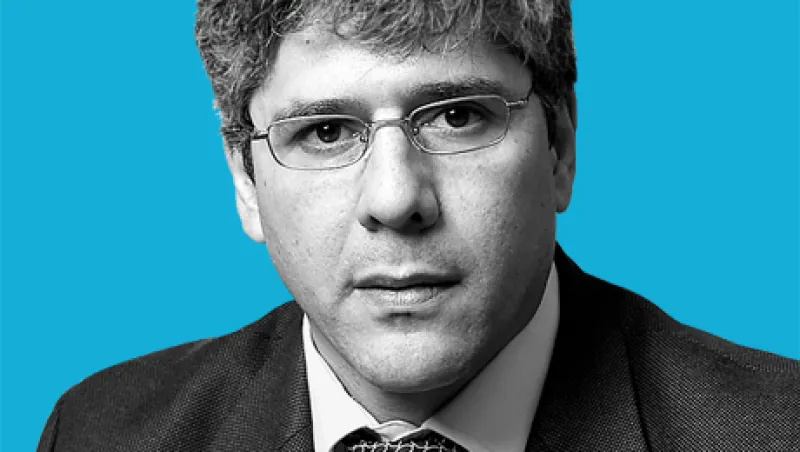Even before Prime Minister Shinzo Abe’s Liberal Democratic Party won Japan’s elections last December, global markets had concluded that radical changes were likely in the country’s deflation-racked economy. After a sharp decline in the yen, the question for institutional investors now is what Abe’s economic policies will mean for the currency.
A dramatic and sudden shift in international sentiment about Japan has caused the yen to fall 19.5 percent in U.S. dollar terms since November 14; it stood at about 95 versus the greenback on March 19. Even with this sell-off, there is still “huge hedge fund interest in selling the yen,” says Sean Callow, senior currency strategist at Westpac Institutional Bank in Sydney.
With a low yen and a relatively high-yielding Aussie dollar, the expected result would be money pouring into Australia from Japan, but the reverse has happened. According to Marc Chandler, New York–based chief currency strategist at Brown Brothers Harriman & Co., more than $85 billion flowed back to Mrs. Watanabe, the emblematic Japanese retail investor, in the four weeks ended March 11, the highest such average in more than a decade.

David Bloom
| |
| David Bloom, head of currency strategy at HSBC Holdings |
One result: Japan’s Nikkei 225 index of equities has been the world’s best-performing stock market, soaring 35 percent in the past six months.
Abe’s government has said that it will do what it can to weaken the yen without engaging in outright currency market intervention, which would incur the wrath of Japan’s trading partners. With the yen down almost 20 percent since last November but hedge funds betting that it might fall further — the magic level of 100 to the dollar is often mentioned — institutional investors are left in a quandary. Chandler says many of his institutional clients have been selling Japanese government bonds and buying the Nikkei, a move that is currency neutral because the transaction stays in yen. In the week ended March 9, foreigners purchased a net $11 billion worth of Japanese equities, more than six times the previous week’s volume, according to the Ministry of Finance. At the same time, they sold $8 billion in Japanese bonds.
But buying equities in Japan now may be a risky strategy because any gain can easily be offset by a loss on the currency, says David Bloom, head of currency strategy at HSBC Holdings in London. In dollar terms the Nikkei is up only 9 percent in the past six months, compared with 6.3 percent for the Dow Jones Industrial Average — not a big difference for a foreign investor who bought the Nikkei without hedging the currency.
Still, Bloom agrees with Callow and Chandler that at the yen’s lowest point in March, the sell-off may have gone too far, especially given that the Abe government has yet to do anything concrete to drive down the currency. Meanwhile, Fed chief Ben Bernanke is buying $85 billion worth of government bonds each month, which is a lot of QE for Japan to outdo. The three strategists think the yen could easily rebound by 5 percent in the absence of a radical program by the BoJ, such as buying foreign-denominated assets with yen, which would tend to push the currency lower, or launching a program to buy up Japanese risky assets.
What about other strategies, such as the carry trade involving the yen? Some traders believe that with the Japanese government promising long-term monetary easing, the carry trade will become more attractive because interest rates will be depressed for some time.
But strictly speaking, such a trade involves borrowing the lowest-yielding currency to buy assets of the highest-yielding, and at the moment Japan has some impressive rivals for the former title, including the U.S. dollar, the Swiss franc and the euro, which are likely to be less volatile, HSBC’s Bloom says. A similar carry trade involving the yen in 2008 ended with many foreign investors “crying in their soup” because the currency bounced back, he notes.
One thing the yen’s decline has done is bring foreign exchange to the forefront of traders’ attention. “After two or three years in which bond markets ruled the roost, this is FX leading the way,” Bloom says. “If you want to know what’s going on with the Nikkei, you have to have a foreign exchange view.” • •






